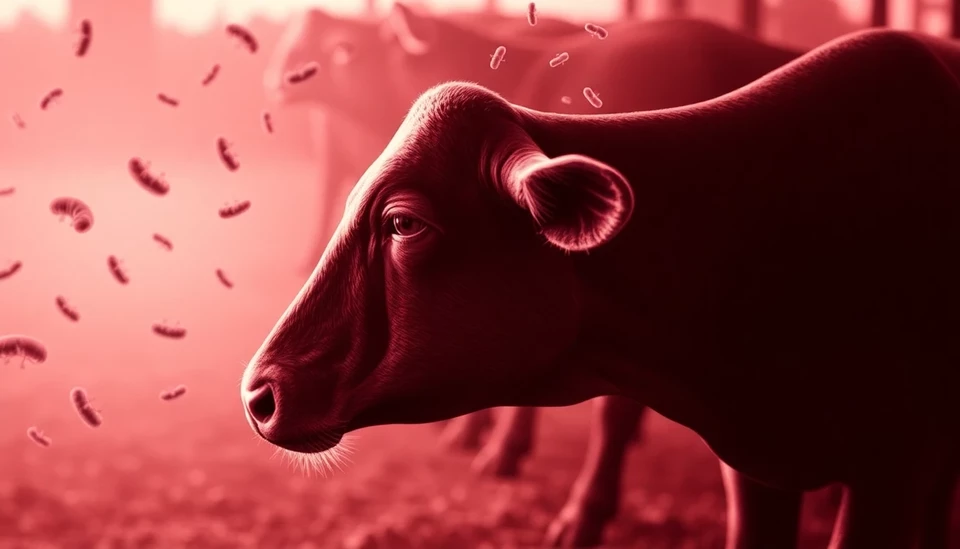
In fact, the spread of AMR superbugs has reached a critical point and poses a critical challenge to the global meat industry. Resistance to most conventional treatments makes these pathogens one of the most significant threats to the stability of the global supply chain in meat. The many ramifications of this budding crisis are far-reaching from within the meat industry itself to raising an alarm among health professionals, economists, and policymakers alike.
Recent studies have brought out a shocking truth that the very use and abuse of antibiotics in animal husbandry have contributed immensely to the rise of AMR bacteria. This also includes the fact that in so many countries, this drug is given to healthy animals to enhance their growth and protect them from disease.
The rise of superbugs has shown a steep rise in the US and China, two of the largest meat markets. This is because both regions consume high amounts of meat and similarly use huge amounts in agriculture. Thus, AMR threats are not only a future health risk but also an economic one that seriously threatens the livelihoods of millions associated with the meat industry.
Health experts predict that the spread in superbugs could create a situation where common infections become untreatable and diseases surge, along with mortality rates. A situation might come where so many cases of disease are flooding the hospitals, not responding to ordinary antibiotics, stretching the health systems beyond their limits.
Global efforts to combat this crisis are increasing. The WHO has urged immediate action, part of which involves strict monitoring and restriction of the use of antibiotics in animals, along with better surveillance of the patterns of AMR. There is an appeal to governments, industry players, and consumers to join hands in this effort for reducing the misuse of antibiotics and enhancing animal husbandry practices.
Stricter controls have already been introduced in many countries. For instance, the use of antibiotics for growth promotion purposes has been prohibited within the European Union. Besides, improvement of hygiene standards, vaccination programs, and investment in research for new antibiotics and treatments are increasingly being applied.
Yet, such changes in entrenched practices do not come easy to the meat industry. Farmers and producers face a dual challenge in maintaining productivity with the imposition of new regulations. Consumer behavior also plays a very important role, considering that there is a growing demand for antibiotic-free meat products, but these often are more expensive.
In a nutshell, this rise of AMR superbugs is multilayered and needs a multidisciplined global response. It will be important not only to deal with this challenge from a point of view of ensuring public health but also for the sustainability of the meat industry. Success in reducing this risk from these formidable pathogens will lie with efforts that the governments, industries, and people make.
#AMR #superbugs #meatindustry #globalhealth #antibioticresistance #sustainablefarming #publichealth #WHO #animalhusbandry #foodsecurity
Author: Daniel Foster




